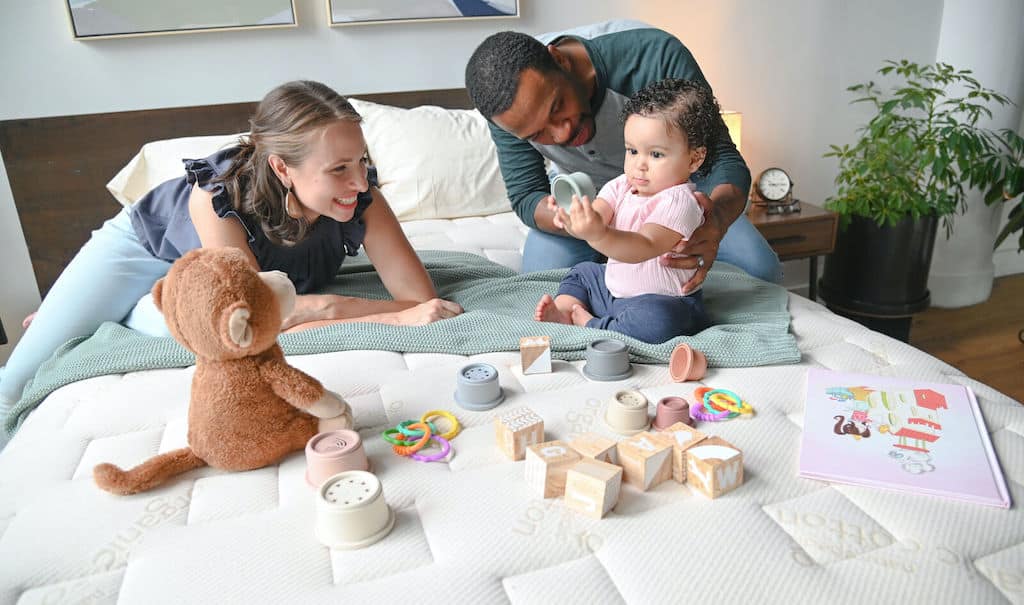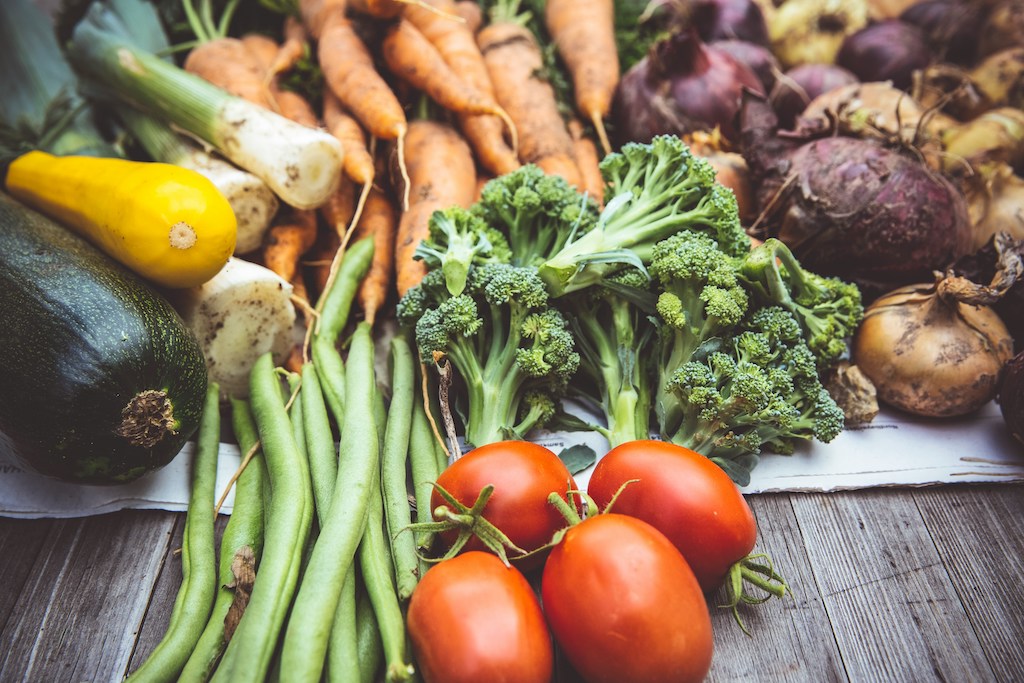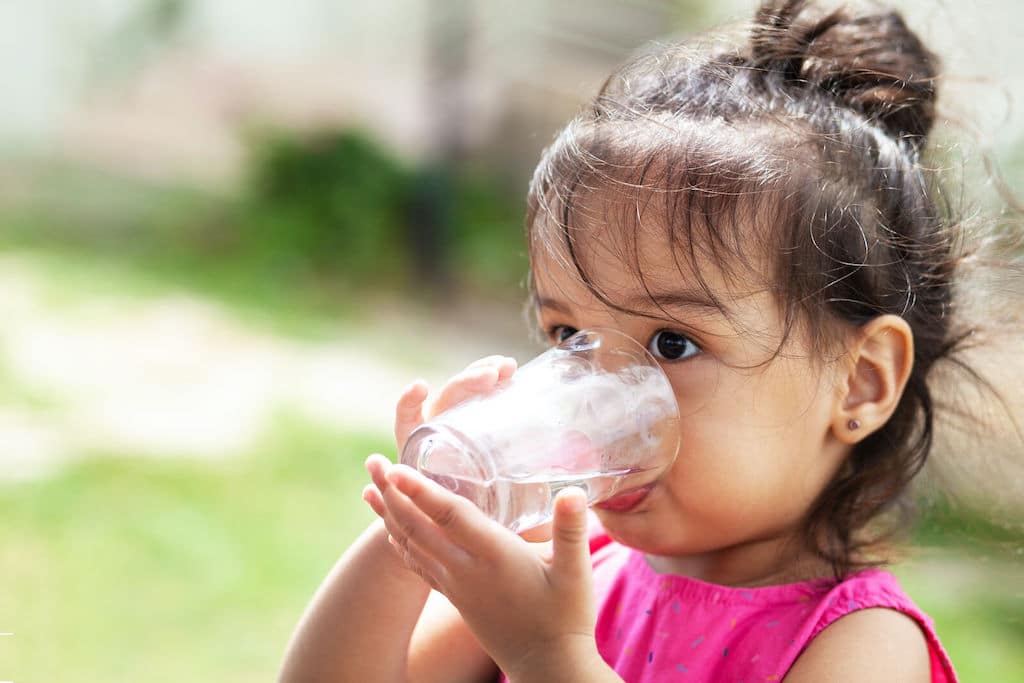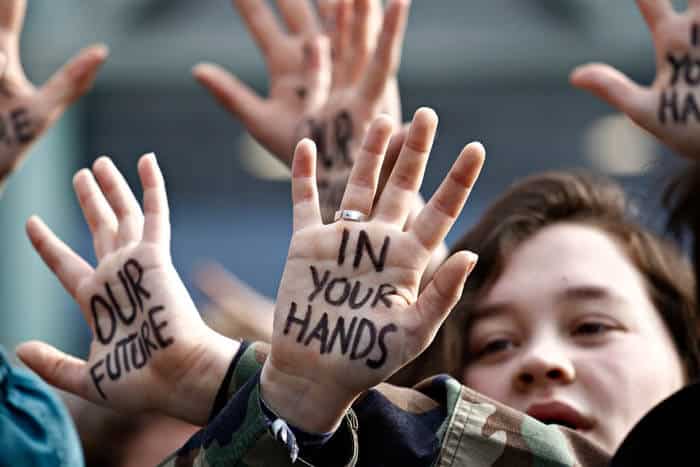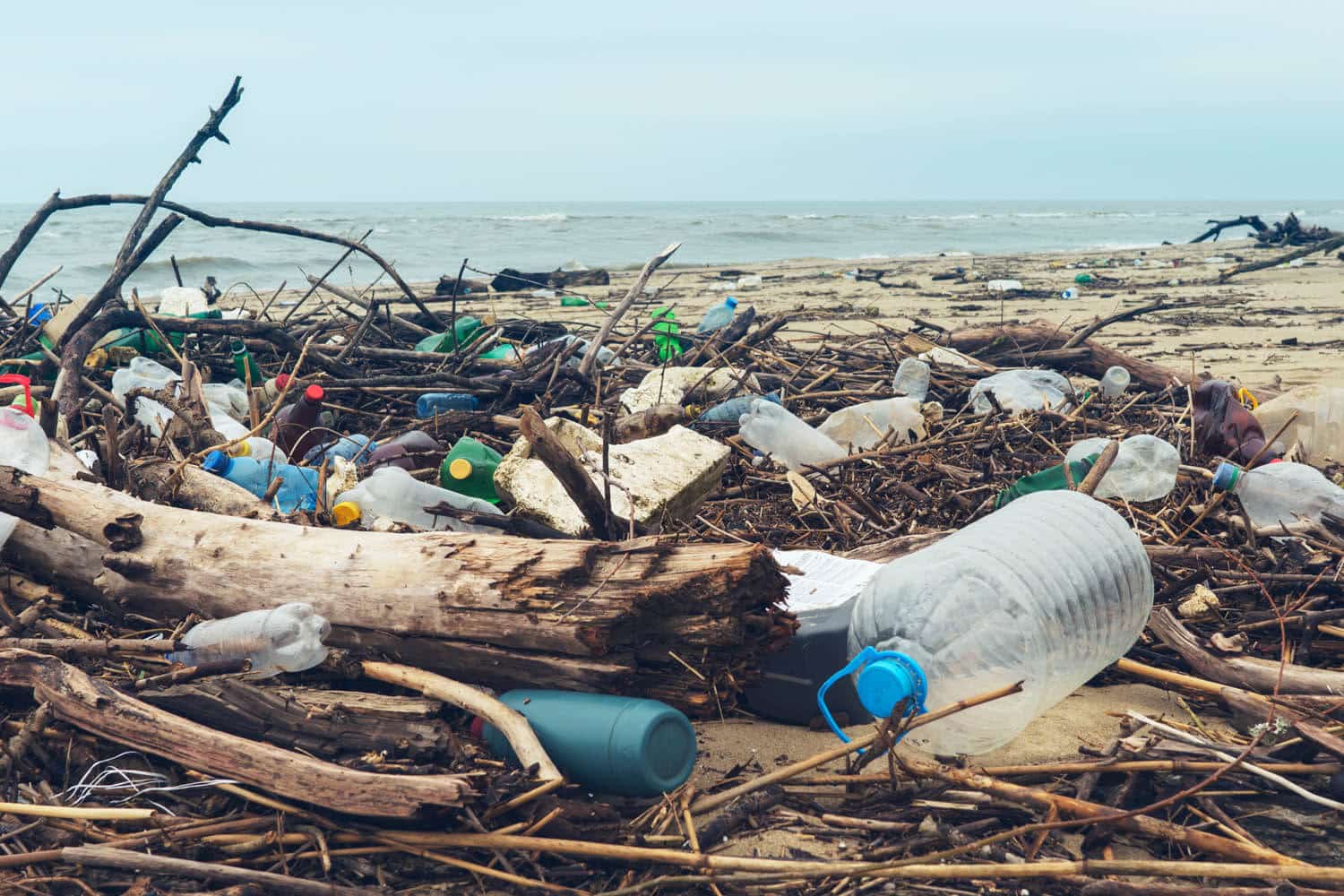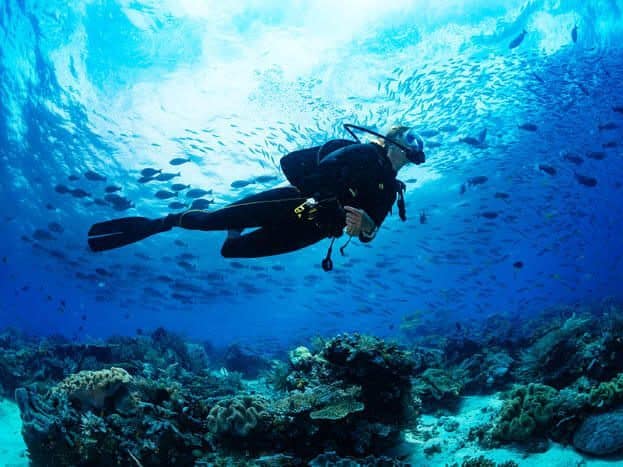Plastic Pollution Coalition (PPC) Members come from a wide range of sectors and are aligned in their mission to build a world free of plastic pollution and its toxic impacts on communities and ecosystems around the world. The Coalition Spotlight is our monthly blog to uplift and showcase their work, giving our readers an inside look at some influential change-makers. This month, we highlight four members who are helping people start the new year with less plastic by making more informed purchasing decisions, navigating the toxicity of everyday products, and adopting less consumptive habits.
Karma Wallet
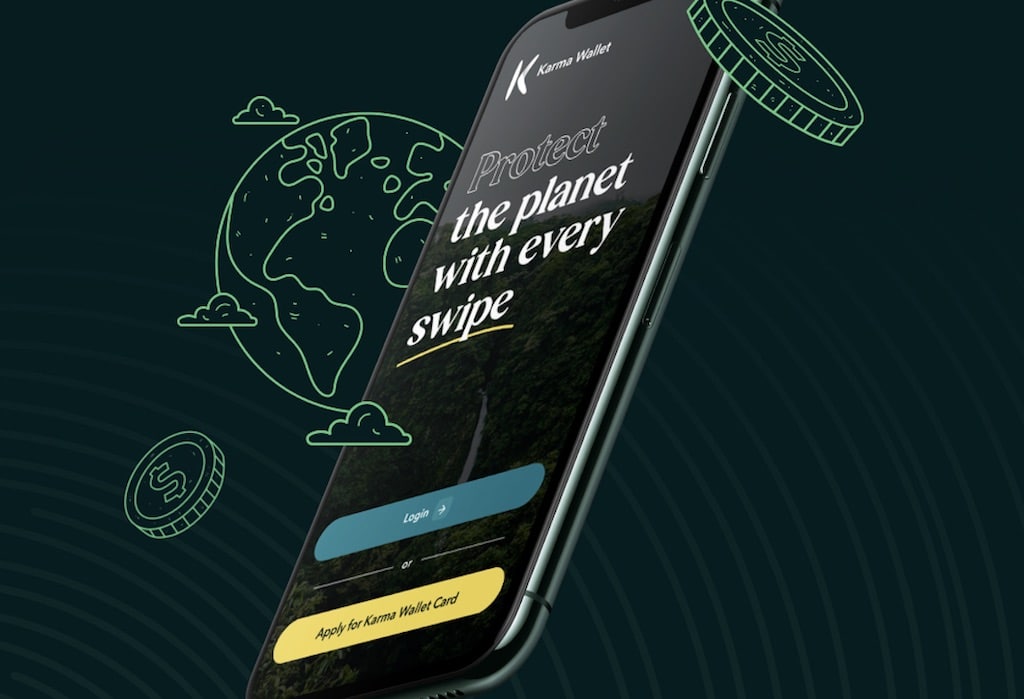
Karma Wallet is a financial platform that leverages cutting-edge technology and impact data to empower consumers to make better informed purchasing decisions. The platform makes it easy for people to align their sustainability priorities with everyday spending, by receiving personalized carbon footprint data and insights into their shopping habits, while earning rewards for choosing more sustainable retailers.
Users can search over 15,000+ brands according to their people and planet scores, derived from social and environmental metrics from over 30 data sources that Karma Wallet has mapped to the United Nations (UN) Sustainable Development Goals. As a trusted data partner of Karma Wallet, Plastic Pollution Coalition enables consumers to compare retailers based on their commitment to plastic-free business practices. Filter companies according to the values you care about, which now includes an option to find PPC Business Members exclusively!
Karma Wallet was just named to the Inc. 2023 Best in Business list, is a Certified B Corp, and is a member of 1% for the Planet. Additionally, they are soon to launch their Karma Wallet Card: a prepaid, reloadable debit card that gives back to people and the planet. This card offers up to 20% cash back with thousands of sustainable merchants, provides eco-friendly rewards, and educates consumers about the social and environmental impact of the companies they shop with.
You can support better companies with your dollars this year. Visit Karma Wallet for easy ways to switch to more sustainable brands.
MADE SAFE

What we buy matters. Our purchasing decisions send market signals that lay the foundation for large-scale change, and through them, we have the ability to build safer and healthier communities.
MADE SAFE is a nonprofit organization that provides rigorous scientific and independent certifications for products free of any toxic ingredients known or suspected to harm human health, animals, or ecosystems. Products with the MADE SAFE (Made With Safe Ingredients™) seal are screened to ensure that over 6,500 Banned / Restricted List substances are avoided in product ingredients to eliminate chemical hazards that people are commonly exposed to in everyday routines. This takes the guesswork out of finding products that are safe for your family and the environment, making it easy to adopt better habits and support responsible brands this new year.
In an effort to “revolutionize how consumer products are made,” the MADE SAFE team works with brands to develop ingredient formulas that adhere to substance-level specifications and ultimately meet the stringent certification standards. Unlike other certifications in health or sustainability, they are not beholden to corporate interests, and thus have gained an impeccable reputation of independence and trust.
Connect with Amy Ziff, MADE SAFE Founder and Executive Director, during our upcoming webinar on January 18th—Plastic-Free Resolutions: Protecting Your Health in 2024. She will be moderating the event and brings a wealth of knowledge and experience to what will surely be an enriching conversation.
Naturepedic

Did you know that most conventional mattresses contain toxic polyurethane foams (including memory foam, soy foam, and “eco” foam), which are derived from petrochemicals and typically contain plasticizers, harmful flame retardants, antimicrobials, and preservatives?
Naturepedic, pioneer of the organic mattress revolution, completely eliminates polyurethane foam from all its mattresses, instead providing comfort and support with environmentally safer materials, such as organic wool and organic cotton—materials that are MADE SAFE certified and GOTS certified organic. For babies and kids, Naturepedic provides innovative food-grade waterproofing made without polyvinyl chloride (PVC), a plastic of high concern as defined by GreenScreen® Benchmark 1. All of Naturepedic’s mattresses are also GREENGUARD® Gold certified to demonstrate their high standards for chemical management and prevent air pollution in our homes.
Recently, Naturepedic reinforced its position as a leader in the mattress industry by implementing a kraft paper roll-packing machine that allows the brand to roll-pack all mattresses, mattress toppers and comfort layers in fully recyclable kraft paper instead of single-use plastic. This effort alone will keep 55,000 pounds of plastic out of landfills each year.
Last year was Naturepedic’s 20th anniversary, and we applaud their commitment to non-toxic products, continuous carbon- and plastic- footprint improvement, and transparent business practices for consumer safety. The company was recently featured in our 2023 Plastic-Free Holiday Guide, and are members of 1% for the Planet.
Consider upgrading to healthier sleep for your family with Naturepedic.
Perpetual
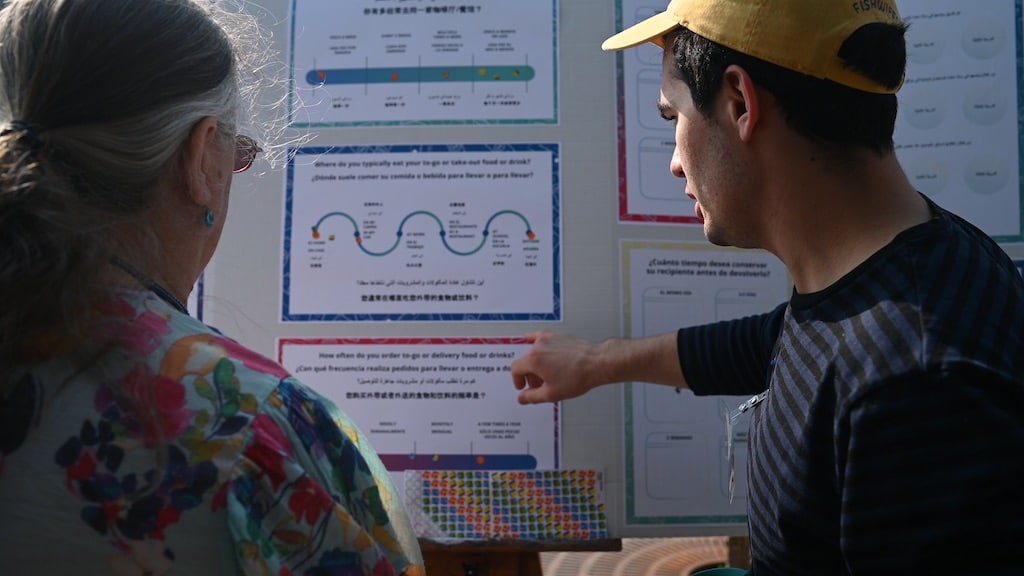
Perpetual is a new PPC Organization Member and an established leader in the reuse space. Through multi-stakeholder engagement, they are working to catalyze system shifts that enable reuse infrastructure to be scaled and accessed by all.
Perpetual’s current focus is to provide efficient and safe reusable foodware solutions for cities. Their team is designing open-loop systems for four communities in the U.S. through participatory cross-sector engagement and Ecosystem Mapping. They are establishing city-wide reuse systems that can exist in perpetuity for and from the communities in which they are built, overcoming inefficiencies and “imagination gaps” that can’t be tested in pilot programs. To bring proven reuse systems to city scale, they engage in workstreams such as: Interactive Community Design Processes, public and private funding mobilization, Life-Cycle Assessments (LCAs), and Circularity Assessment Protocols (CAPs) with academic partners like University of Michigan’s Center for Sustainable Systems and University of Georgia’s Circularity Informatics Lab.
Some of Perpetual’s most important work has been advancing reuse solutions for a global audience through their Living Landscape of Reusable Solutions, a global list of for profit and nonprofit programs, campaigns, and systems that has demonstrated the feasibility of reuse around the world and inspired further action. From technical assistance and policy advocacy support to shipping & logistics solutions, the database includes both formal and informal ways of rapidly adopting reuse and refill systems. Their team authors a practical and informative bi-weekly newsletter showcasing these solutions and providing readers with pathways to stay connected and inspired. Sign up for it here.
Recently, in Ann Arbor, Michigan, and Hilo, Hawaii, Perpetual’s team has progressed to the next phase of unique systems design, incorporating feedback gained from community workshops, industry knowledge, and ongoing discussions with stakeholders. Their work in Galveston, Texas, and Savannah, Georgia will soon follow similar processes. Stay tuned!
Does your business or organization align with our mission to build a world free of plastic pollution and its toxic impacts? Apply to join our global movement.
